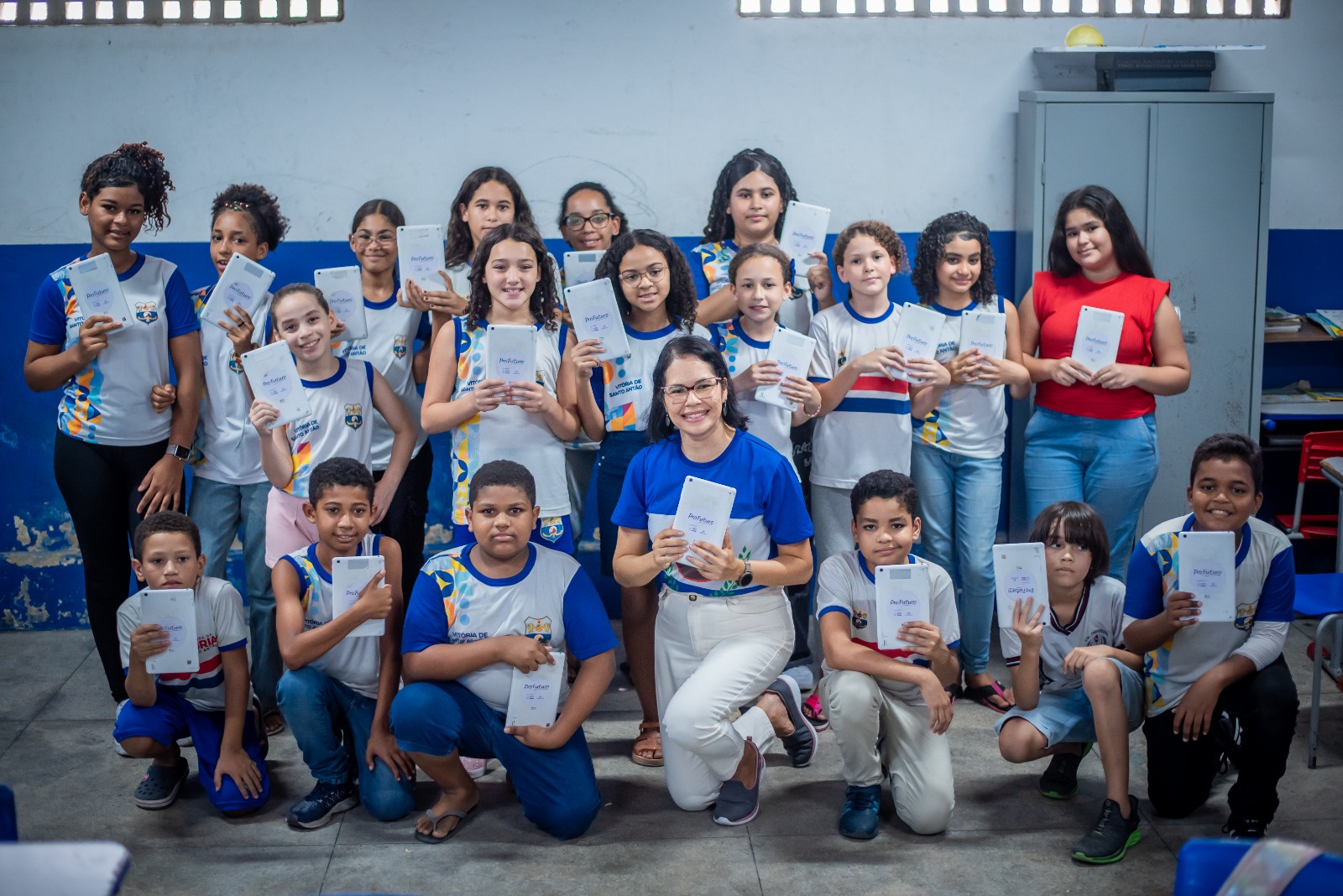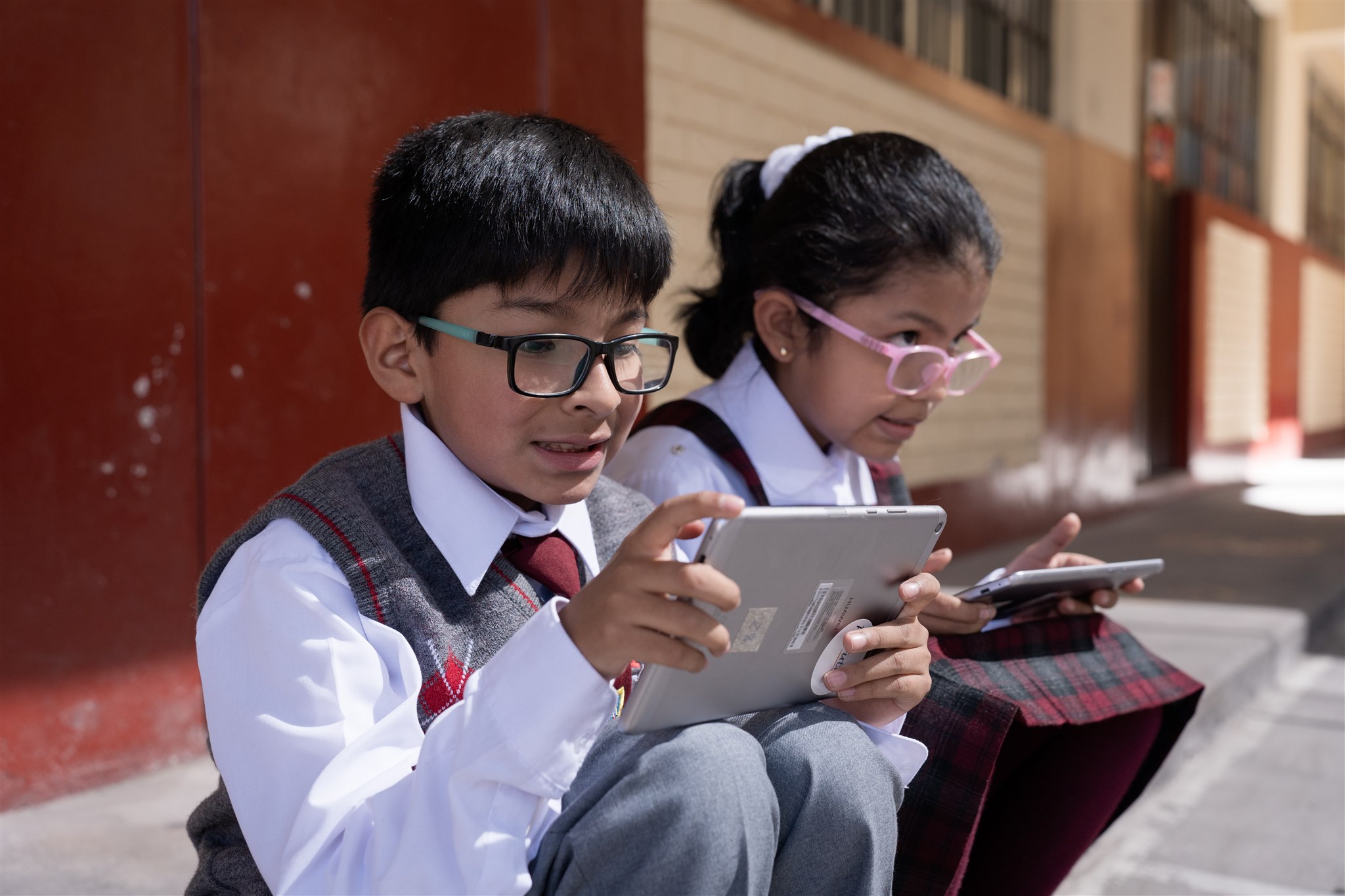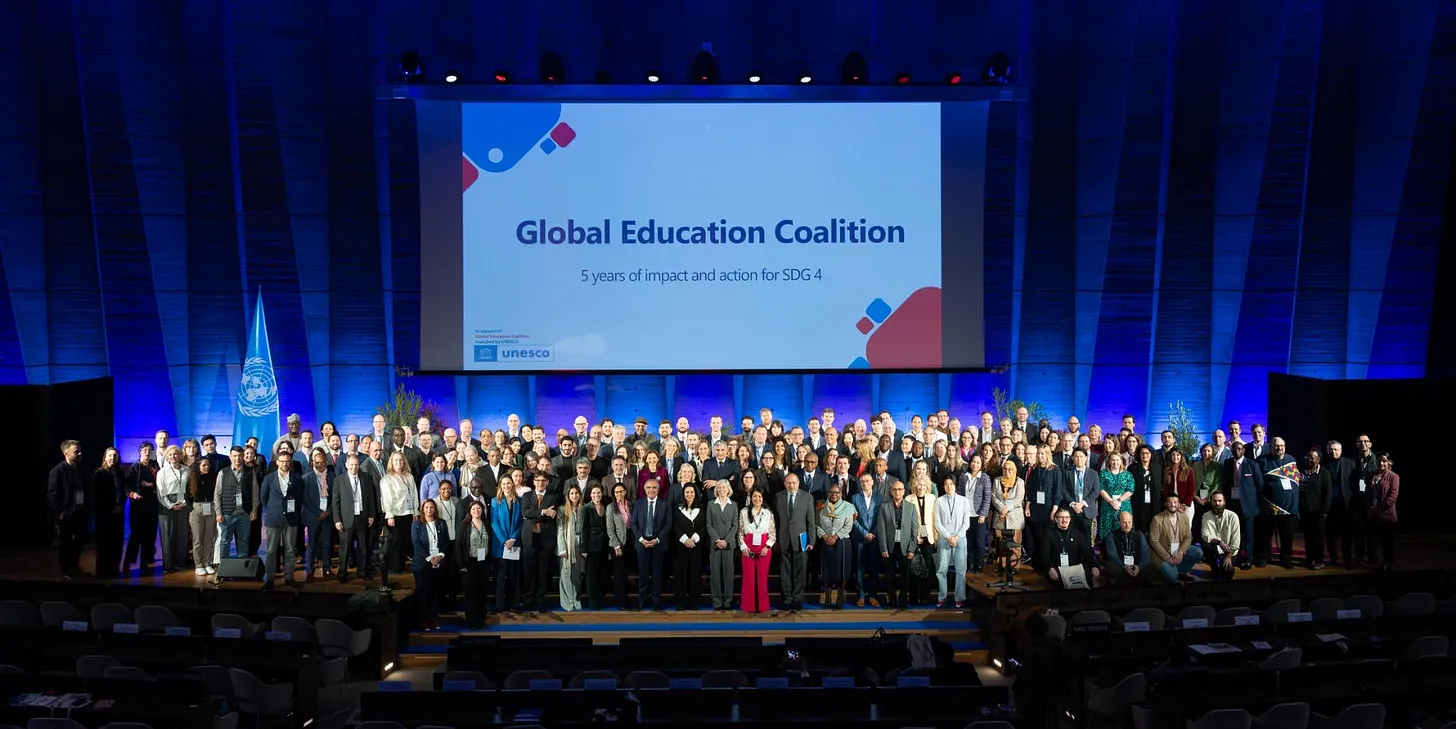Key dates: Wednesday 17th (opening), 18th and 19th (hackathon) and 20th (challenge presentation, closing and awards ceremony).
After the great success of its 2020 edition, ProFuturo and the UPSA, in collaboration with the Red de Cátedras Telefónica (Telefónica Chairs Network), are holding the 2nd edition of #hack4edu, the hackathon dedicated to digital education, which this year will take place in a hybrid format, on 17, 18 and 19 November.
During the three days of the meeting, 130 participants from 7 countries (Spain, Argentina, Peru, Colombia, Nicaragua, Panama and Brazil), will seek to develop innovative ideas that contribute to educational progress and are based on technology. The opening ceremony will take place on Wednesday 17 November in the Aula Magna of the UPSA. On the morning of Saturday 20th, the hackers will defend their projects and, after the closing ceremony, the awards ceremony will take place.
Magdalena Brier, CEO of ProFuturo, says that, in order to break down the obstacles facing education in the 21st century, the essential component is the interdisciplinary collaboration between all stakeholders from different sectors, both public and private. For this reason, she argues, “#hack4edu has emerged as a meeting place to seek collective synergy and provide a space for reflection and teamwork that result in ideas and solutions that will help us move forward in the future of education”.
130 hackers from 12 universities and 7 countries
The 130 hackers will work, during three days and uninterruptedly, in teams focused on the creative resolution of different educational challenges in a collaborative and transformative experience. One of the distinguishing features of this hackathon is that it includes university students who, as students, are also the protagonists of the challenges posed.
In addition to UPSA, co-organiser of the initiative, 11 partner universities from 6 Latin American countries, apart from Spain, will participate in this edition: Universidad de Salamanca (USAL), the University of Valladolid (UVA), the University of Deusto, the Catholic University of Salta (Argentina), the Continental University of Peru, the Pontificia Universidad Javeriana (Colombia), the University of Manizales (Colombia), the Francisco José de Caldas District University (Colombia), the Universidad Centroamericana of Nicaragua, the Universidad Tecnológica of Panama and the Instituto Federal Catarinense of Brazil. All of them will help shape and mentor the teams during the hackathon, with the support of professional experts in new technologies and education.
The director of the Telefónica ProFuturo-UPSA Chair and coordinator of #hack4edu, Manuel Martín-Merino, points out that “the call was born, from the very beginning, with an international projection. The participation of foreign universities allows us to gain a much more complete and enriching perspective of the subject we are dealing with. Thanks to the challenges posed by the different countries and the experiences of the participants themselves, the teams work on diverse educational situations and perspectives with a global scope.
32 educational challenges to solve in 48 hours
How to develop an effective technological process that can help victims of cyberbullying or cyberaddiction to deal with these situations? Would it be possible to design a game-based learning tool for engineering and technical students? Could illiteracy be reduced with the help of literacy teaching and learning software? These and other questions will be answered in this second edition of #hack4edu.
During the 18th and 19th, the hackers will work on the development of ideas and prototypes that respond to the 32 challenges posed. They will use the collaborative tool Discord, through which they will be able to communicate by microphone, video and text both with their group mates and with other teams. Each will be assigned mentors and technical volunteers who will accompany and advise them throughout the process.
On the 20th, the projects will be presented to the jury, which is made up of professionals and academics specialising in different technological disciplines. This year, the awards are divided into two categories: Innovative and Senior. The Telefónica ProFuturo-UPSA Chair will award three prizes of €1,000, €700 and €500 to the three best projects in the Innovative category and two prizes of €1,000 to the two best projects in the Senior category. The UPSA will also award two free enrolments for the UPSA’s own degree in Big Data, one in each category.






